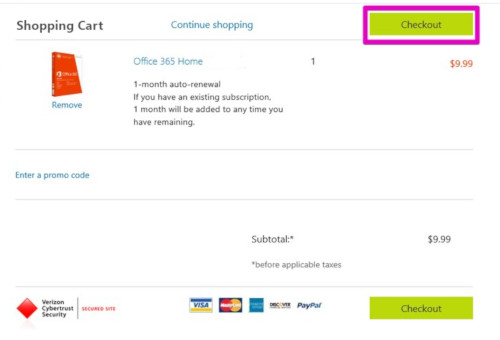Shopping cart software can be defined as a piece of eCommerce software on a Web server that allows visitors to a Website to select items for eventual purchase.
The shopping cart software acts as the interface between the website of a company and its infrastructure, thus allowing the customers of the company to select various products, modify options and add more goods, make reviews of these products, and eventually, once satisfied, make a purchase of these products.
Once the customer has selected items they would like to purchase, the shopping cart software then generally calculates the total amount of the order. This will include the handling and shipping charges (such as the packing and postage) and any other monies due, such as taxes.
Shopping Cart Software Components
Storefront: the area of the Web store that is accessed by visitors to the online shop. Category, product, and other pages (e.g., search, bestsellers, etc.) are dynamically generated by the software based on the information saved in the store database. The look of the storefront can normally be changed by the store owner so that it merges with the rest of the web site (i.e., with the pages not controlled by the shopping cart software in use on the store).
Administration: the area of the Web store that is accessed by the merchant to manage the online shop. The amount of store management features changes depending on the sophistication of the shopping cart software chosen by the merchant, but in general a store manager is able to add and edit products, categories, discounts, shipping and payment settings, etc. Order management features are also included in many shopping cart programs. The administration area can be: Web-based (accessed through a web browser). Desktop-based (a desktop application that runs on the user's computer and then transfers changes to the storefront component).
Types of Shopping Cart Software
Basically there are three types of shopping cart software, open source, licensed or hosted.
Open source or licensed shopping cart software is either free or you buy it and get to host yourself. The cost of hosting nowadays is very inexpensive, (from $5 per month for a Virtual Private Server).
The software fees or costs (if any) of the shopping cart software include the license fee, and update plans and yearly support in some cases.
Benefits of this owning your own shopping cart software include:
- You will have access to the source code of the shopping cart software.
- You are free to customize or modify the shopping cart software to work exactly the way you would like.
- You will have much lower long term and medium costs to pay.
- You own the software, you have the freedom to do with it as you please. Any investment that you make in the development of software is preserved and you could, for example, move your complete shopping cart system to another web server or hosting company.
A couple of possible drawbacks to choosing an open source or licensed shopping cart is that the start-up time may take longer and the initial costs will be higher. However, the initial development cost is often dramatically offset compared to hosted shopping cart software, by the increased sales and savings within the first few months of operation.
Hosted shopping cart software
Any buyer opting for or subscribing to the hosted shopping cart software is charged a variety of fees that include monthly fees, set up fees and in other cases, commissions on sales made.
Some of the benefits enjoyed by users of the hosted shopping cart software include:
- The user will enjoy quicker start up time.
- The user will pay lower initial costs than then licensed shopping cart software.
Disadvantages of hosted shopping cart software include:
- The user of this shopping software will be restricted from moving the shopping cart anywhere else if he or she is not happy with the services offered, thus they will be 'locked in'.
- The software costs will be higher in the medium and in the long run.
- The source code is not accessible, which means custom functionality is either very expensive to implement or not permitted on their servers.
- Monthly fees and bandwidth restrictions.
Basically what it comes down to is, if you can operate your online store within the restrictions imposed by a hosted shopping cart software platform, won't need any significant modifications to the functionality, or 3rd party integration, don't mind the design provided by the included free themes or paying monthly usage fees, don't care about owning the application, then hosted shopping cart software could be a quick and easy way to get started with ecommerce.
What we have found is that many customers of hosted shopping cart software feel frustrated and locked in to a long term monthly commitment with the inability to make modifications that would be trivial in owned or open source shopping cart software due to the fact that they are not allowed access to the source code in order to make their shopping cart work they way they would like.

